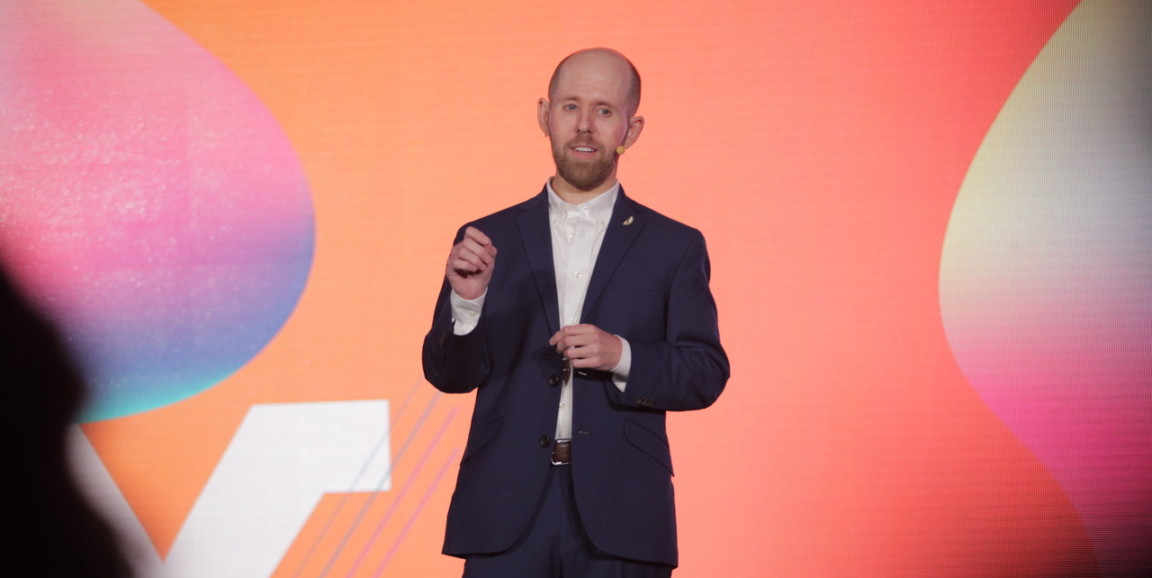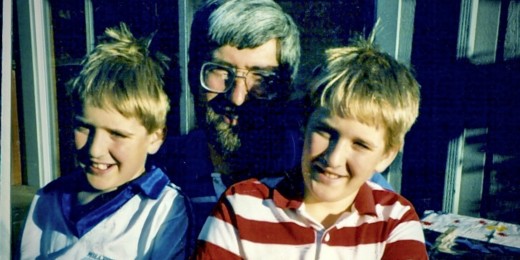Stories about living organ donors renew our faith in humanity. How can you not be inspired by a transplant nurse who gave part of her liver to save a third grade boy, or smile to read about a New England Patriots fan who gave his kidney to a die-hard Philadelphia Eagles supporter? Sometimes, they even fall in love.
It's an extraordinary act of generosity, for a healthy person to choose to undergo surgery and donate part of their body to save another person's life.
Nearly 113,000 Americans are waiting for organ transplants, according to the U.S. Organ Procurement and Transplantation Network. The vast majority of those patients -- about 95,000 -- need kidneys. Only about 7,000 total transplants from living donors were performed last year, compared with 30,000 from deceased donors.
But too often, after the news crews leave, the patient's life is saved by the transplant, and the hospital bills the insurance company for the dual surgeries, donors often encounter challenges that aren't discussed in those stories, argued Michael Mittelman, the co-founder of the American Living Organ Donor Fund, speaking Saturday at Stanford's Medicine X | CHANGE.
The three-day conference featured a variety of speakers and workshops focused on patient-centered health innovation.
Mittelman is a three-time kidney transplant recipient, the last of which came from his mother when she was alive. In a presentation Saturday, he shared organ donation stories you don't usually read about.
The organ recipient's insurance typically covers the cost of surgery for the donor, but things can get complicated when the donor leaves the hospital. In one case, a social worker traveled to another state to donate her kidney to a stranger and developed medical complications after she returned home. The recipient's insurance company denied coverage because she was no longer at the transplant center, and the transplant center wouldn't accept responsibility, Mittelman said.
"Whose responsibility is it now to take care of her? ... Whose insurance is responsible to cover her procedures?" Mittelman asked. "Where's the recipient? She's not answering the phone anymore. The donor needs help ... And there were no laws governing this."
Mittelman said that he knows of another medical center that asked a donor to guarantee $40,000 of the surgery costs due to limitations of the recipient's insurance.
His organization provides some financial assistance for donors to cover lost wages and advises potential donors on the benefits and programs available to them.
He also spends his time lobbying for laws, regulations and policies that protect living donors.
He'd like to see more employers follow the lead of Apple, which provides unlimited paid leave for living donors, he said. Hourly workers shouldn't have to fundraise on social media to make up for their lost wages while they miss work to save someone else's life, Mittelman said. And donors should also not be denied short-term disability insurance because the transplant is considered an elective procedure.
Hospitals also have an obligation to help the donors, he said. He suggested that transplant centers establish hospitality houses for donors' caregivers to stay during the procedures and create funds to help families cover their expenses.
The proposed 2019 Living Donor Protection Act would help, he said. Under this act, insurance companies would be prohibited from denying or limiting life insurance, disability and long-term care insurance or raising premiums for living donors. While that's already illegal under the Affordable Care Act, some living donors have reported trouble getting life insurance or facing higher premiums, according to The National Kidney Foundation.
The Living Donor Protection Act would also provide job protections for organ donors who need to take medical leave for organ donation and recovery after surgery.
In the meantime, Mittelman said that he hopes attendees would leave the workshop with new ideas for collaborations and give more attention to the "heroes" of organ donation.
"Once you're a donor, you should always be considered a donor," Mittelman said, "and donors need help."
Photo courtesy of Stanford Medicine X | CHANGE






